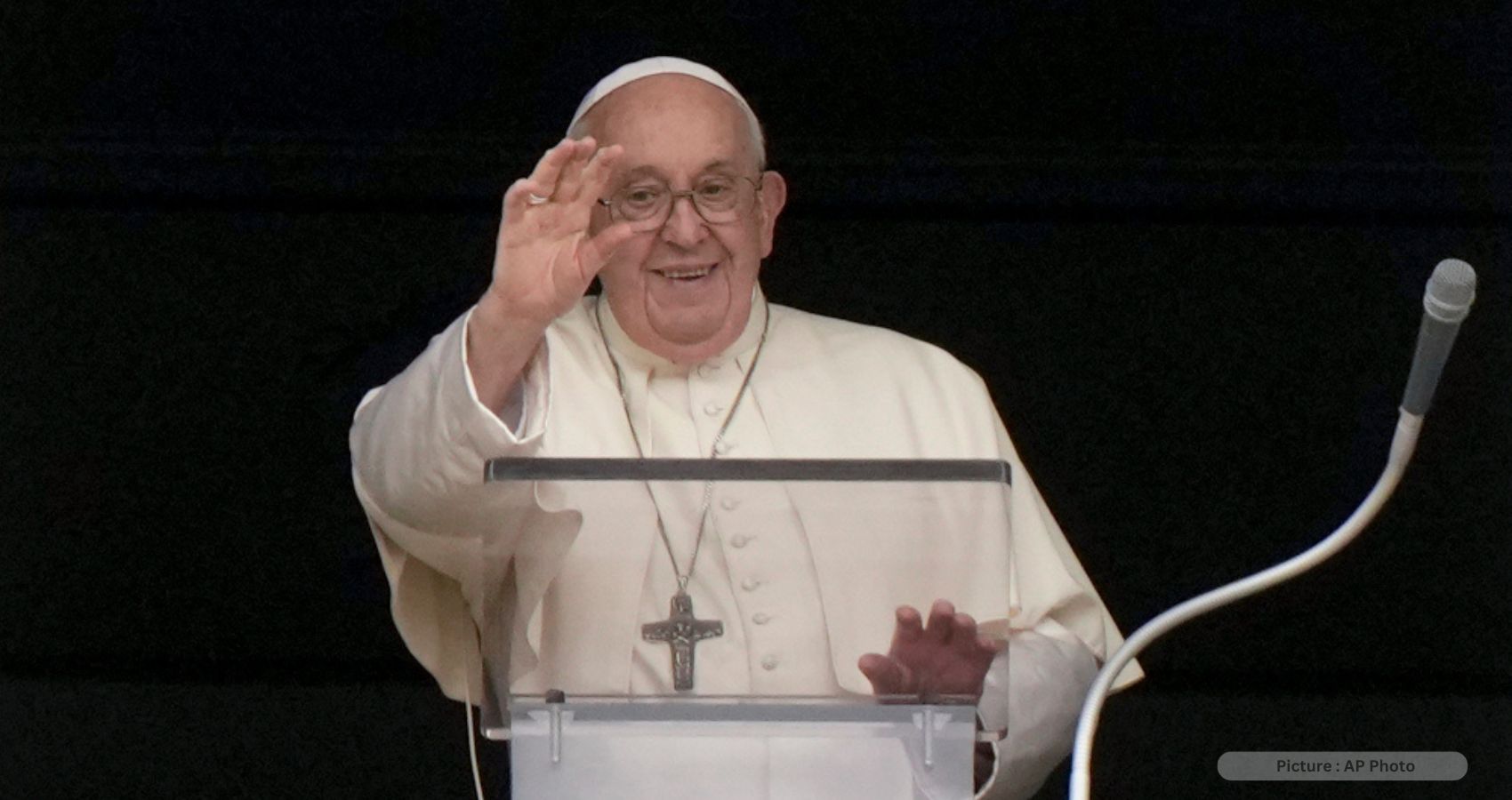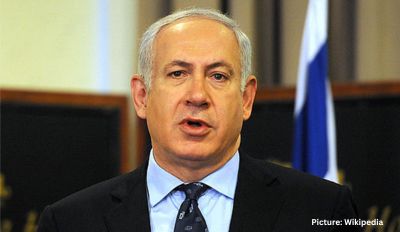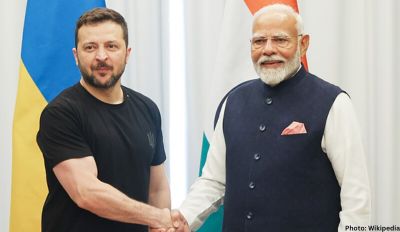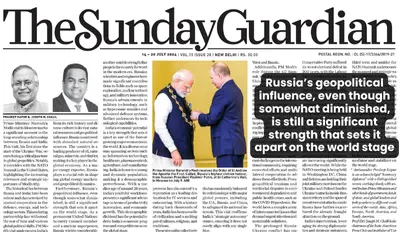Pope Francis is urging Catholic theologians to align their work with the everyday struggles of ordinary people and to foster dialogues not only among believers but also with non-believers and those of different faiths.
In a document signed on November 1 and released by the Vatican, Pope Francis addressed the need to update the statutes governing the Pontifical Academy of Theology. The last revision was made almost 25 years ago during the papacy of his predecessor, John Paul II.
The Pope emphasized the necessity for theologians to grapple with “profound cultural transformations” without specifying particular issues. Instead, he encouraged them to embrace “openness to the world, to humanity in its concrete existential conditions, with all its complexities, wounds, challenges, and potentialities.”
This, Pope Francis asserted, represents a “paradigm shift” for theological reflection, enabling it to “interpret the Gospel within the contexts of people’s daily lives in diverse geographical, social, and cultural settings.” He stressed the importance of theologians immersing themselves in the cultures, worldviews, and religious traditions of different communities.
Theology, according to Pope Francis, must evolve within a culture of dialogue that encompasses “various Christian confessions and different religions” and engages openly with both believers and non-believers. He cautioned against theologians isolating themselves and becoming insignificant by turning inward.
Pope Francis also called for theology to be “attentive to the voices of the people,” promoting a “popular” theology that addresses the wounds of humanity, creation, and human history. This approach should prioritize knowledge derived from the “common sense of people.”
Four months ago, when selecting a theological advisor from his native Argentina to lead the Vatican’s doctrinal orthodoxy watchdog office, Pope Francis emphasized the department’s central purpose: safeguarding church teachings to provide hope and understanding, rather than condemning or pointing fingers. The Dicastery for the Doctrine of the Faith has the authority to discipline theologians whose work deviates from Catholic doctrine.
Throughout his ten-year papacy, Pope Francis has consistently advocated for the Catholic Church to exhibit greater compassion, especially toward those living on the fringes of society, and to adopt a more merciful perspective.
The Pontifical Academy of Theology, established in the early 18th century, serves as an advisory body that occasionally hosts conferences and other events.











